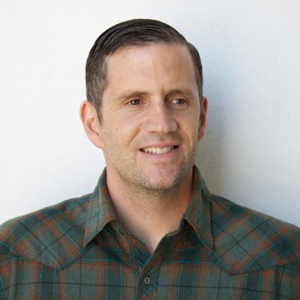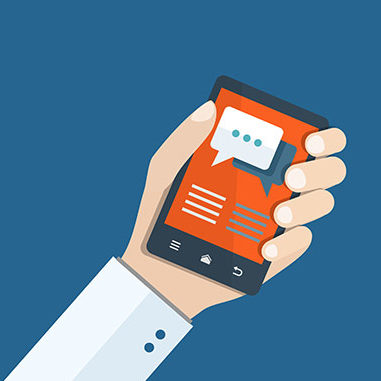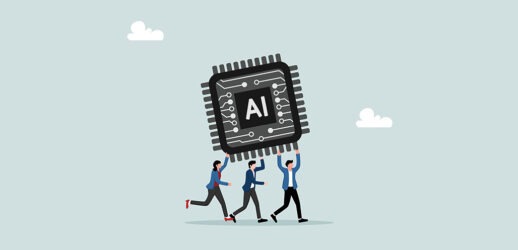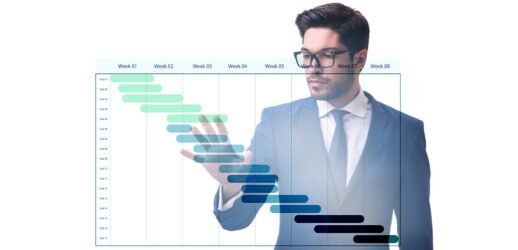
Lawrence Coburn is CEO of DoubleDutch, one of the leading event apps currently on the market. It’s based in San Francisco, with offices in Amsterdam, Hong Kong and the United Kingdom. Coburn is a thought leader in event technology and its future.
Q: What is the value of measuring attendee experience?
A: The cool thing about digital marketing is you can measure every dollar and see exactly what you’re getting. The pressure on the event team to monetize—basically prove their value—or lose budget is pretty intense. So we think one of the core-use cases for technology is to help event planners turn on the headlights and really understand what’s happening at these events: what’s working, what’s not, what content resonates with what people, which people are influential, which exhibitors had a good show and which exhibitors are not coming back next year.
Q: How is the DoubleDutch app used?
A: People are using the app on average 38 times a day. That compares with some of the most used software in the world. Facebook gets [about] 25 sessions a day. We call this whole science of trying to apply digital marketing principles to the physical world “live engagement marketing.” We say we are live-engagement marketers and we’re building software to help instrument and make sense of giant event spend.
Q: How does your app analyze and crunch data?
A: We have something that we call the live-engagement studio, where an organizer or an event planner can decide what content to put in the app—to make sure they have a list of the attendees, a list of the exhibitors—whatever they want to get data on. Then we have the lead manager for badge scanning. This is where our software is scoring those leads. We have something called the exhibitor hub where exhibitors can do things like send out targeted campaigns to try to get specific people to come to their booths. And then we have an event performance section, where it’s taking all this data that the apps are capturing and is trying to visualize and make sense of that data.
Q: What is next in the event tech space?
A: It’s still in the very early days. We’re squarely in the period of measurement and instrumentation. I think the next big thing is using this data to provide better experiences to attendees. And the way I think about that is almost like Amazon-style recommendations, where the software is recommending people that you should meet, sessions you should check out, companies that you might want to connect with by passing by their booths. It’s doing this programmatically. We’re actually rolling out those features into our app now. We’re starting with engagement, going to measurement and moving on to recommendations. Then I think it really is about applying these digital marketing principles to events, so exhibitors can get targeted campaigns out.
Q: What do you expect to see a few years from now?
A: If you go five years out, I think it starts to get really interesting. Augmented reality is an area that is really new and really just emerging. If you look around the tech scape right now, it’s virtual reality that’s getting all the buzz because frankly, that’s easier to do. Augmented reality is overlaying software on top of what’s happening in real life to enrich that experience.
Q: How quickly are people in the meeting space adapting to new technology?
A: It’s starting to come faster. Initially there was a lot of resistance. I think now folks are looking around at other off-line industries and they’re seeing a lot of change. You can look at taxis and argue that the taxi industry worked just fine for 80 years and that no one really knew they needed an Uber or Lyft experience. But suddenly a very simple software experience overlaid on the physical world has made that experience a lot better. Software is making the real life experience a little easier—taking some of the chance out. If we can prove that, we can help facilitate that encounter with the person who is going to change your career at that event—people are going to adopt that technology. There are plenty of reasons people go to events…and if we can make that learning process better or that networking process less reliant on chance, I think we’re going to be onto something big.




